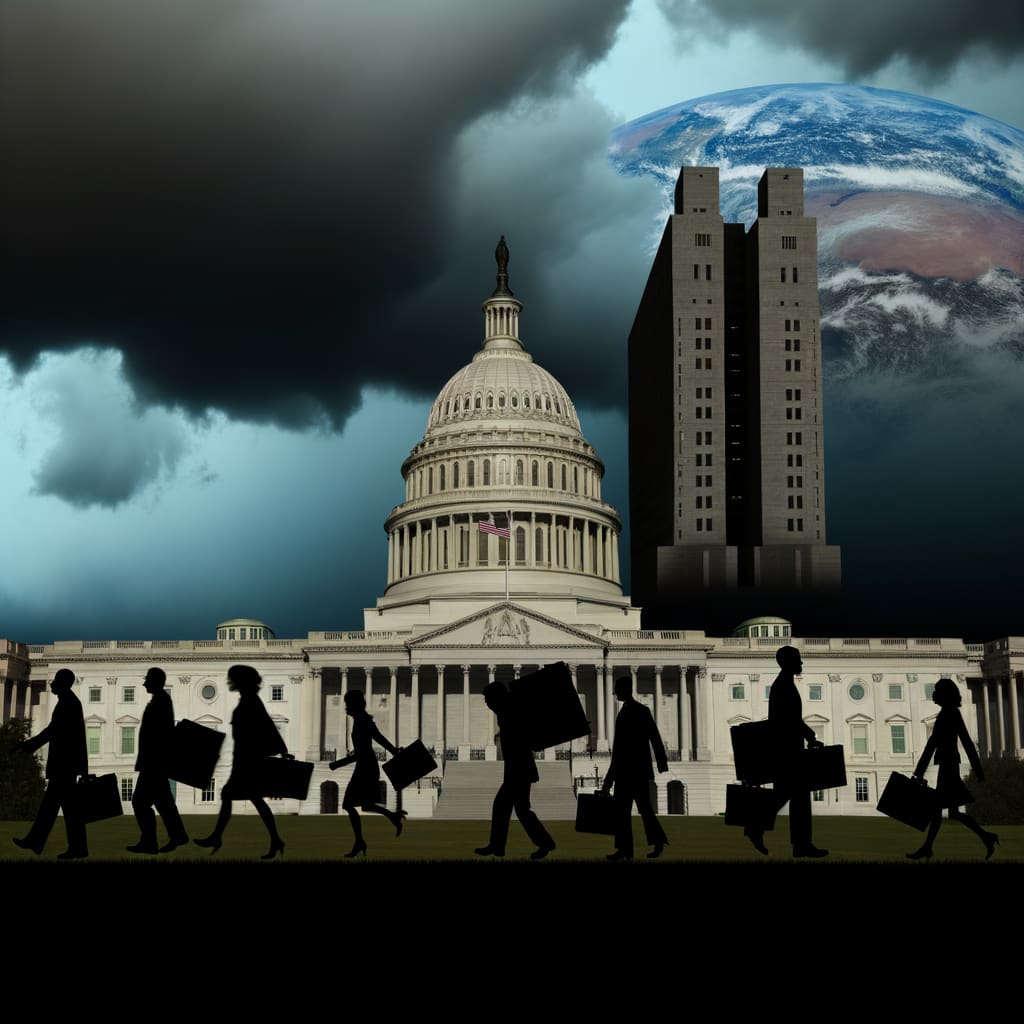US Climate Policy Sparks Controversy, Leads to Global Scientific Shift
In a controversial decision, the Trump administration, led by Environmental Protection Agency (EPA) head Lee Zeldin, has proposed revoking a scientific finding that forms the basis for US climate regulations. The move, widely criticized by environmental scientists, may be leading to a significant brain drain as US climate researchers look to opportunities abroad.
Background
The proposed EPA rule seeks to overturn the 2009 endangerment finding
which determined that carbon dioxide and other greenhouse gases endanger public health and welfare. The endangerment finding has been the backbone of US action to regulate greenhouse gas emissions and fight climate change. It has also been at the heart of regulations across various sectors, including automotive, air travel, and energy.
The endangerment finding is the holy grail of the climate change religion,
Zeldin said in a speech, defending his decision to repeal the Obama-era rule. He stated that he would not regulate entire sectors of the economy
out of existence.
Key Developments
Hours after the EPA announcement, the Department of Energy (DOE) released a 150-page report supporting the move, claiming that scientific concern about the climate crisis is overblown. However, this report has been slammed by experts as a 'farce' full of misinformation, with many of its claims based on long-debunked research.
Meanwhile, the policy shift has reportedly led to a brain drain of US climate scientists, half of whom are said to be seeking opportunities abroad, according to Benjamin Horton, dean of the school of energy and environment, at the City University of Hong Kong.
Global Implications
The impact of these policy changes is not limited to the United States. Japan has been pressured for investments as the US president ramps up high-polluting LNG projects. The economic case for this, however, remains unclear.
Simultaneously, clean-up efforts in East Asia over the past decade, which have significantly reduced air pollution, may have inadvertently contributed to accelerating global warming by removing particles that helped cool the Earth.
Reactions and Current Status
The proposed rule change has been met with widespread criticism from scientists and environmentalists. Many have deemed the Trump administration's climate report as a 'farce' filled with misinformation.
Despite the backlash, the Trump administration continues to stand by its decision. Zeldin claims the move is necessary to axe regulations and ensure the US's continued prosperity.
As the debate continues, the global scientific community is grappling with potential shifts, and the world watches closely to see the lasting impacts of these policy changes on climate change efforts.

